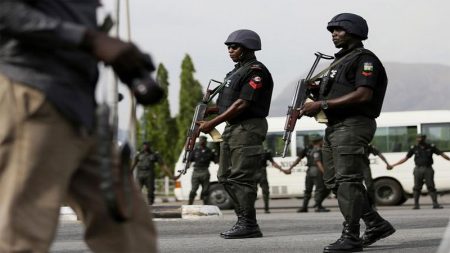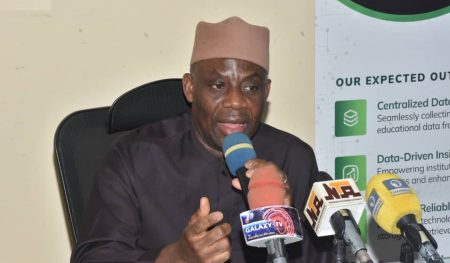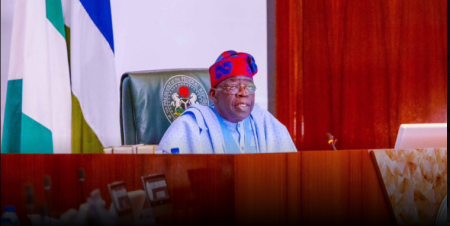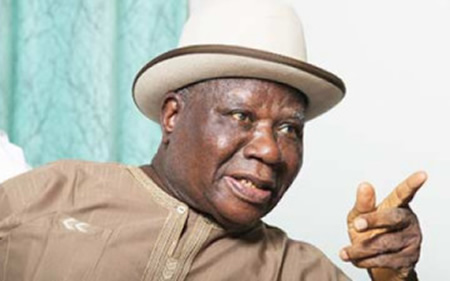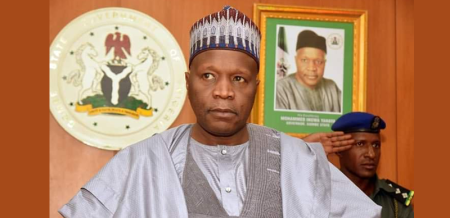The Ghanaian Ministry of Foreign Affairs faces a significant financial burden due to the high cost of renting accommodations for its Foreign Service Officers stationed abroad. Minister Samuel Okudzeto Ablakwa revealed that the ministry allocates approximately $15 million annually for rent, a figure that represents a substantial portion of its budget and hinders its ability to effectively manage resources and pursue other crucial diplomatic initiatives. This substantial expenditure on rent is not only financially draining but also unsustainable in the long run. Relying on rented properties subjects the ministry to fluctuating market prices and potential difficulties in securing suitable accommodations in various global locations. The minister underscored the urgency of finding a more cost-effective and reliable solution to housing diplomats abroad.
Recognizing the need for a long-term solution to this pressing issue, Minister Ablakwa announced a strategic plan to shift from renting to owning properties. The ministry aims to begin purchasing at least two properties each year, strategically located in countries where Ghana maintains a diplomatic presence. This initiative represents a significant investment in the welfare of Foreign Service Officers, providing them with stable and secure housing arrangements. Owning properties will not only alleviate the financial strain of annual rent payments but also offer greater control over the quality and suitability of the accommodations. This transition to property ownership is a crucial step towards ensuring that diplomats have conducive living environments that enable them to perform their duties effectively.
While embarking on this property acquisition strategy, the minister also addressed a critical internal challenge: the prevailing poor maintenance culture observed in some Ghanaian missions abroad. He expressed concern over the deteriorated state of several government-owned properties, highlighting the potential risks to the safety and well-being of the officers residing in them. Neglecting the upkeep of these properties not only compromises the living conditions of diplomats but also reflects poorly on Ghana’s image abroad. A proactive approach to maintenance is essential to preserve the value of these assets and ensure that they remain suitable for housing diplomatic personnel. The minister’s emphasis on this issue signals a commitment to addressing this internal challenge and fostering a culture of responsible property management within the ministry.
Beyond the financial and logistical aspects of housing, Minister Ablakwa also addressed the human dimension of diplomatic service. Acknowledging the hardships faced by officers posted in challenging or high-risk environments, he announced a new policy to limit their tenure in such locations to two years. This decision reflects a commitment to prioritizing the well-being of Foreign Service Officers and mitigating the potential physical and psychological strain associated with serving in demanding and often dangerous locations. Regular rotations will not only offer officers respite from challenging conditions but also ensure a fairer distribution of challenging assignments among the diplomatic corps.
Minister Ablakwa’s engagement with staff at the Ghana High Commission in Abuja, Nigeria, underscored his commitment to fostering open communication and directly addressing the concerns of Foreign Service Officers. This visit, part of a broader tour encompassing Benin, Nigeria, and Togo, exemplified his hands-on approach to diplomacy and his dedication to strengthening ties with Ghanaian missions and citizens abroad. By directly interacting with officers and the diaspora community, the minister aims to gain a deeper understanding of their experiences, challenges, and needs. This direct engagement is crucial for developing policies that are responsive to the realities faced by diplomats and for ensuring that the ministry’s resources are utilized effectively to support their work.
In conclusion, Minister Ablakwa’s initiatives reflect a comprehensive approach to strengthening Ghana’s foreign service. The plan to transition from renting to owning properties addresses the significant financial burden of accommodation costs while also providing more stable and suitable housing for diplomats. The focus on improving the maintenance of existing properties demonstrates a commitment to preserving valuable assets and ensuring the safety and well-being of officers. The policy of limiting tours of duty in challenging locations further underscores the ministry’s dedication to the welfare of its personnel. Finally, the minister’s direct engagement with staff and the diaspora community emphasizes the importance of open communication and responsiveness in effectively managing Ghana’s diplomatic missions and representing its interests abroad. These combined efforts aim to create a more sustainable, efficient, and supportive environment for Ghana’s Foreign Service, enabling it to more effectively pursue its diplomatic goals on the global stage.








